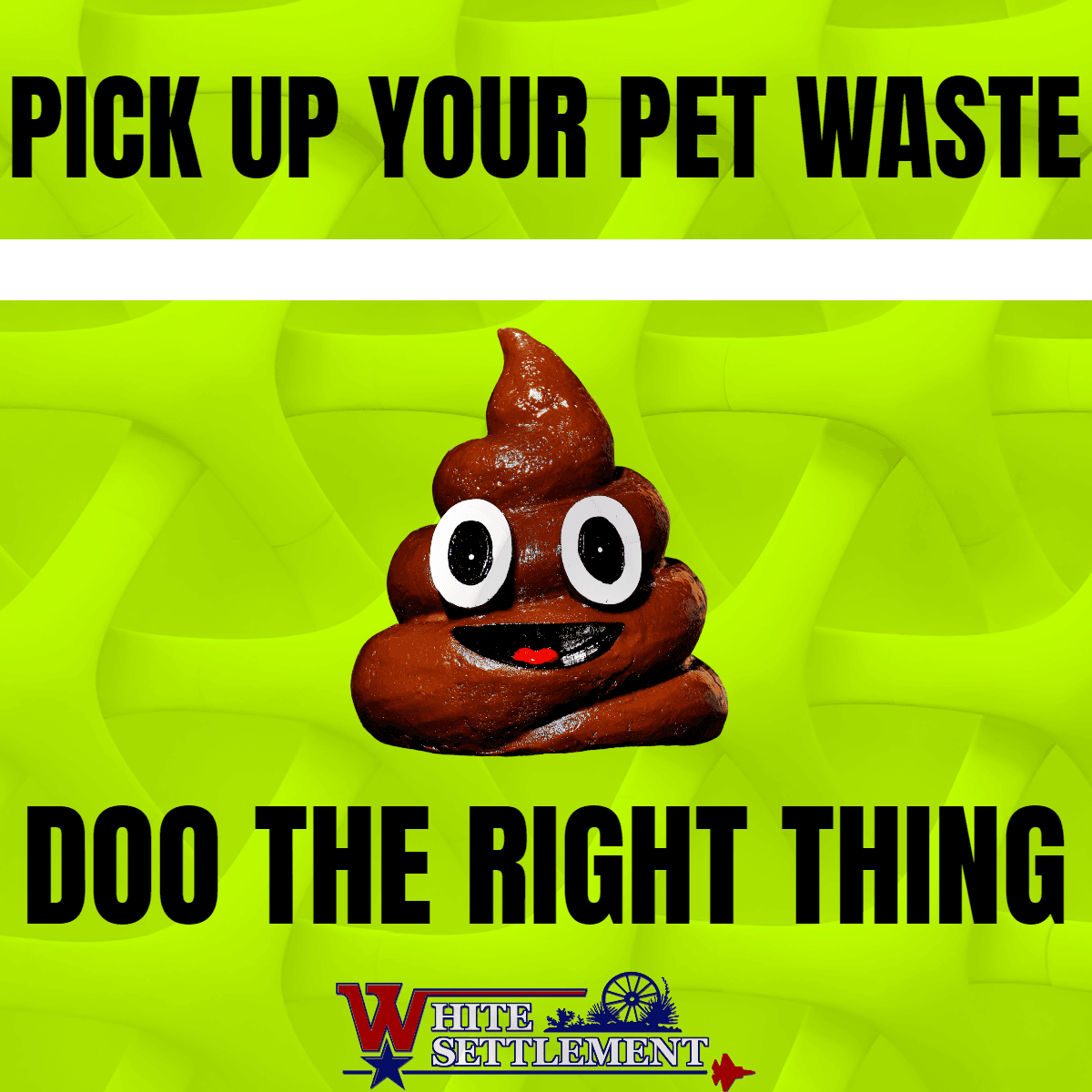Pet waste that is not disposed of properly can put your health, your dog's health, and your child's health at risk.
Parvovirus is a serious, highly contagious disease that affects dogs of any age, breed, or sex. It is highly contagious to unvaccinated puppies. A dog may be a carrier of the disease without even showing signs of being infected. It affects the intestinal lining, causing diarrhea, vomiting, loss of appetite, depression, and even death. It is transmitted by contact with infected dog waste either directly or indirectly through soiled shoes, car tires, and anything else that it touches. The virus can remain infectious on the ground for six months or even longer!
Dog waste can also affect people. Some of the diseases or parasites that can be transmitted to people from dog waste include campylobacteriosis, cryptosporidium, and toxocariasis. Children playing in the yard and adults gardening can be exposed to these diseases or parasites. That’s why it is important to not leave dog waste on the ground. Help keep pets and people safe and healthy by picking up after your dog.
Additionally, improperly disposed pet waste can wash into storm drains by rain, melting snow, and even from sprinkler runoff and other landscape watering. Storm drains in North Central Texas drain directly into our lakes and streams, carrying many pollutants along with the water. This water is NOT treated or cleaned before it empties into a body of water.
Pet waste that ends up in our lakes, rivers, and streams causes many problems. Pet waste in the water increases bacteria levels and that can cause gastrointestinal problems and skin reactions, making the water unsafe for swimming and other activities. Pet waste in the water also decays, using up oxygen and sometimes releasing ammonia. Low oxygen levels and ammonia combined with warm temperatures can kill fish. Pet waste also contains nutrients that encourage weed and algae growth. Overly fertile water becomes cloudy and green--unattractive for swimming, boating, and fishing. This is why it is important to not leave dog waste on the ground. Help protect our water quality by picking up after your dog.
